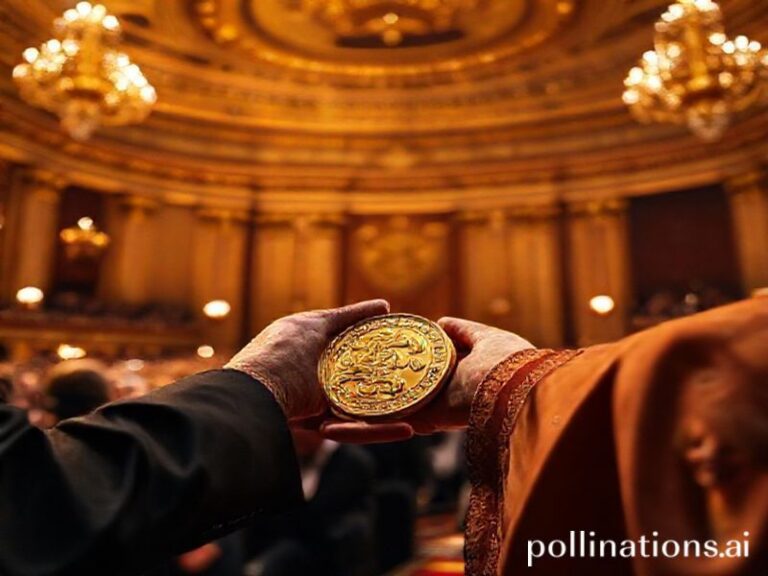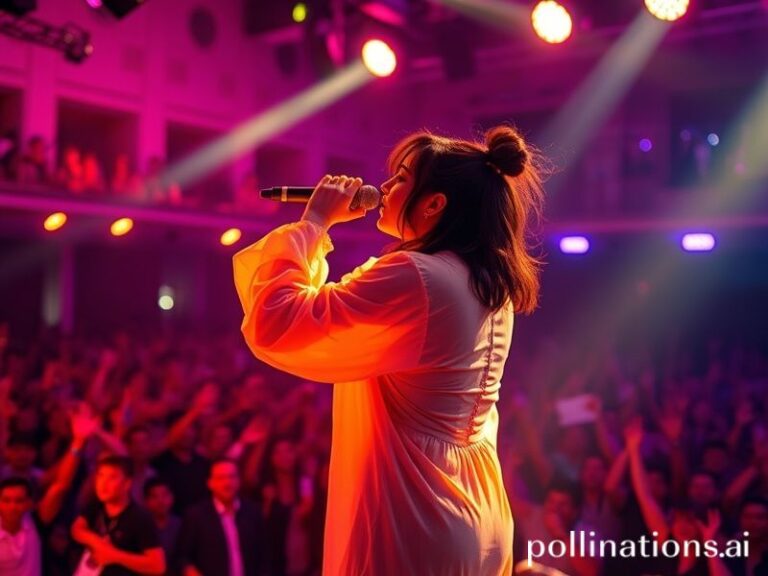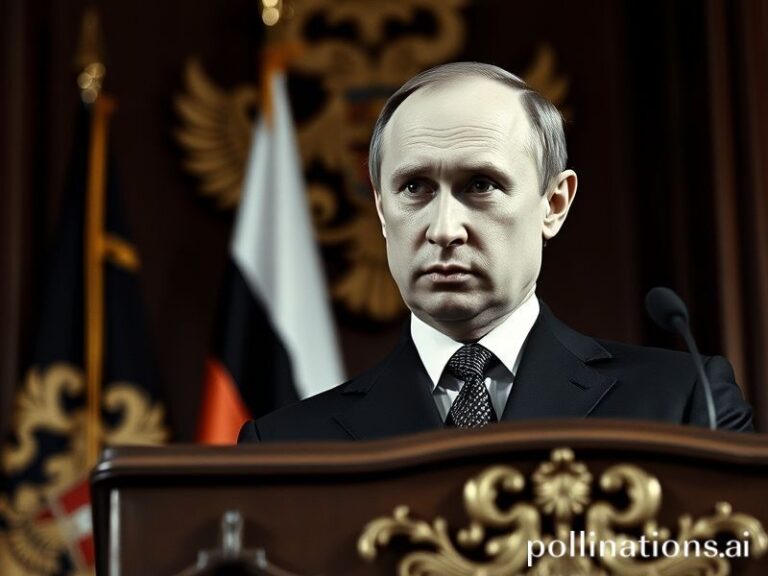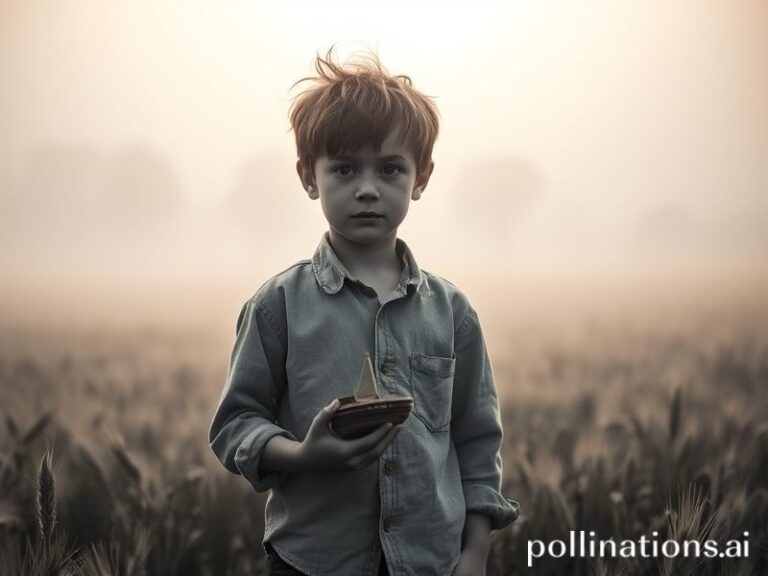From Palace to Podcast: How the Sussex Saga Became the World’s Favorite Guilty Pleasure
Across five continents, the royal defection that began with a poorly lit Instagram post has swollen into a trans-hemispheric soap opera equal parts Shakespeare and reality-TV. From the tea plantations of Assam—where locals snort at the notion of “financial independence” while earning two dollars a day—to the boardrooms of Silicon Valley, where Meghan’s former Suits clips now serve as informal HR training on micro-aggressions, the Sussex saga has become the globe’s favorite cautionary fairy-tale.
In Britain, tabloids froth like warm lager left in the sun, accusing the couple of monetizing monarchy while simultaneously monetizing the accusation. Fleet Street’s indignation is matched only by its invoice to advertisers. Meanwhile, in Nigeria—where the Commonwealth’s aftertaste still lingers—radio call-ins toggle between sympathy for a biracial duchess and low-key gratitude that Harry’s ginger rebellion helps bury memories of colonial red coats. One Lagos Uber driver summed it up: “If the palace can’t handle a podcast, imagine what they did to our grandparents.”
Cross the Atlantic and the plot thickens, like American gravy. The United States, having once dumped tea and kings into Boston Harbor, now binge-streams the sequel: two ex-royals pitching docuseries to Netflix while Oprah nods like a benevolent deity. Washington lobbyists parse each statement for anti-monarchy sentiment that might sway Irish-American swing voters; Hollywood agents calculate back-end points on grief. California’s governor privately refers to them as “soft-power refugees,” useful for photo-ops but too unpredictable for policy.
In the Global South, the tale resonates differently. Argentine news anchors frame it as a lesson on neoliberal exit strategies: “When the brand no longer serves, rebrand.” South African analysts note that the couple’s Montecito mansion cost roughly what Cape Town spends annually on informal housing, then shrug—inequality is the world’s only universal monarchy. Indian Twitter erupts in memes juxtaposing the royal “escape” with migrant laborers walking home during lockdown. One viral image captions Harry and Meghan in couture hiking boots: “Privilege is when quitting your family comes with a podcast deal.”
Asian markets, ever pragmatic, track the economic fallout. Japanese ad agencies salivate over the “Sussex” scent: bergamot, guilt, and a hint of ginger. Singaporean wealth managers sell “royal hedge” portfolios—short Buckingham Palace commemorative plates, long Spotify. Even Beijing’s censors allow selective coverage; nothing undermines Western soft power like watching it monetize itself.
Yet beneath the snark lies a sobering universality: every culture recognizes the moment when family, duty, and identity become tradable assets. From Saudi princesses under house arrest to Korean heirs jumping corporate balconies, the gilded cage has Wi-Fi now, and the key is a brand partnership. The Sussexes merely had the audacity to livestream the jailbreak.
Conclusion: In the end, Prince Harry and Meghan Markle have given the world what it secretly craved—a monarchy stripped to its transactional bones, a Brexit of the bloodline. Whether they are victims or opportunists is less interesting than the fact that 7.9 billion people are arguing about it over devices built by underpaid workers in supply chains the palace never tweets about. Somewhere, a Bhutanese monk scrolling past palace gossip must feel the cosmic punchline: even renunciation has a content calendar. And so the circus rolls on, armed with NDAs and scented candles, reminding us that the true crown jewel is the narrative itself—polished, monetized, and available for streaming in 31 languages. God save the brand.







